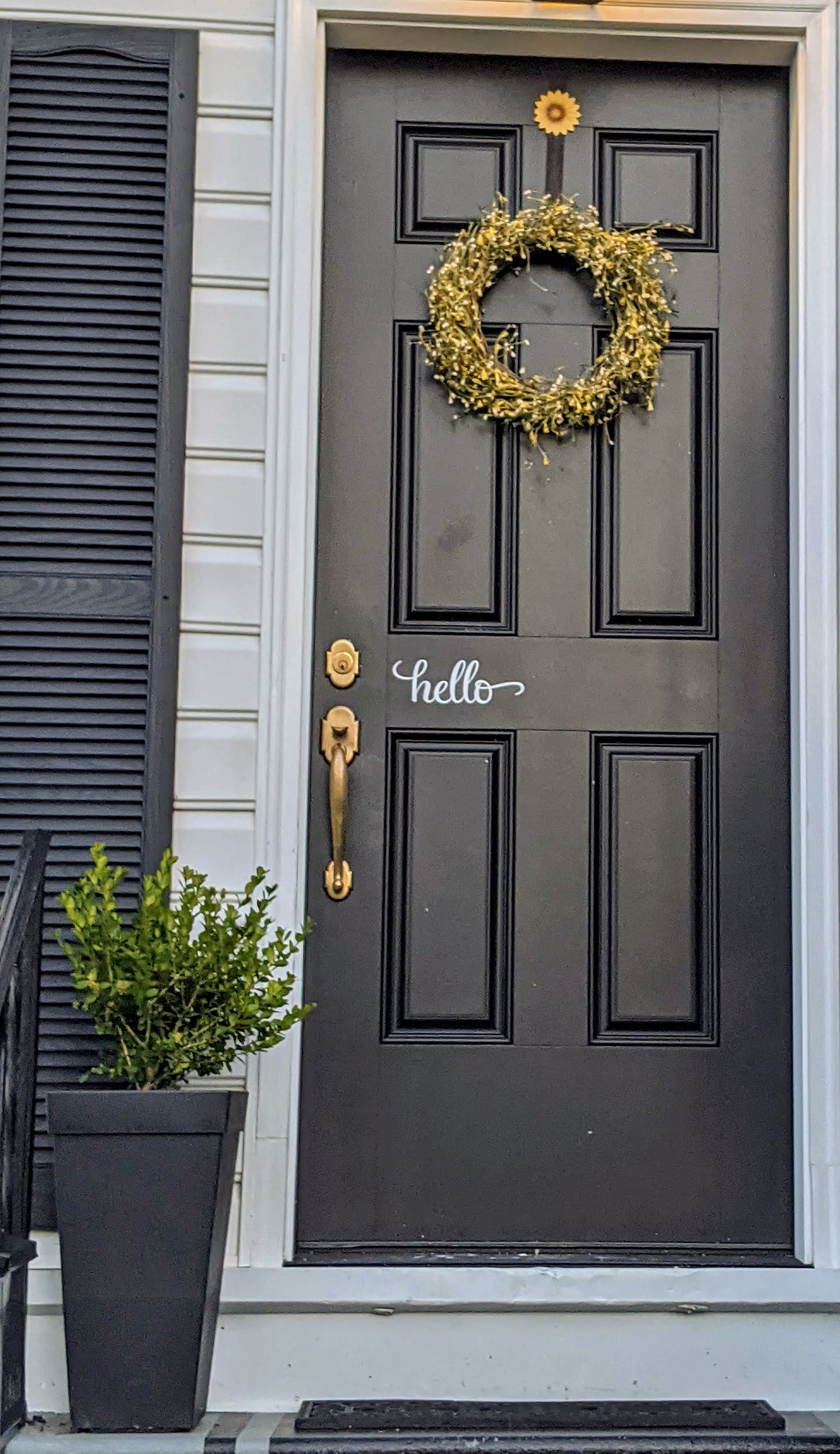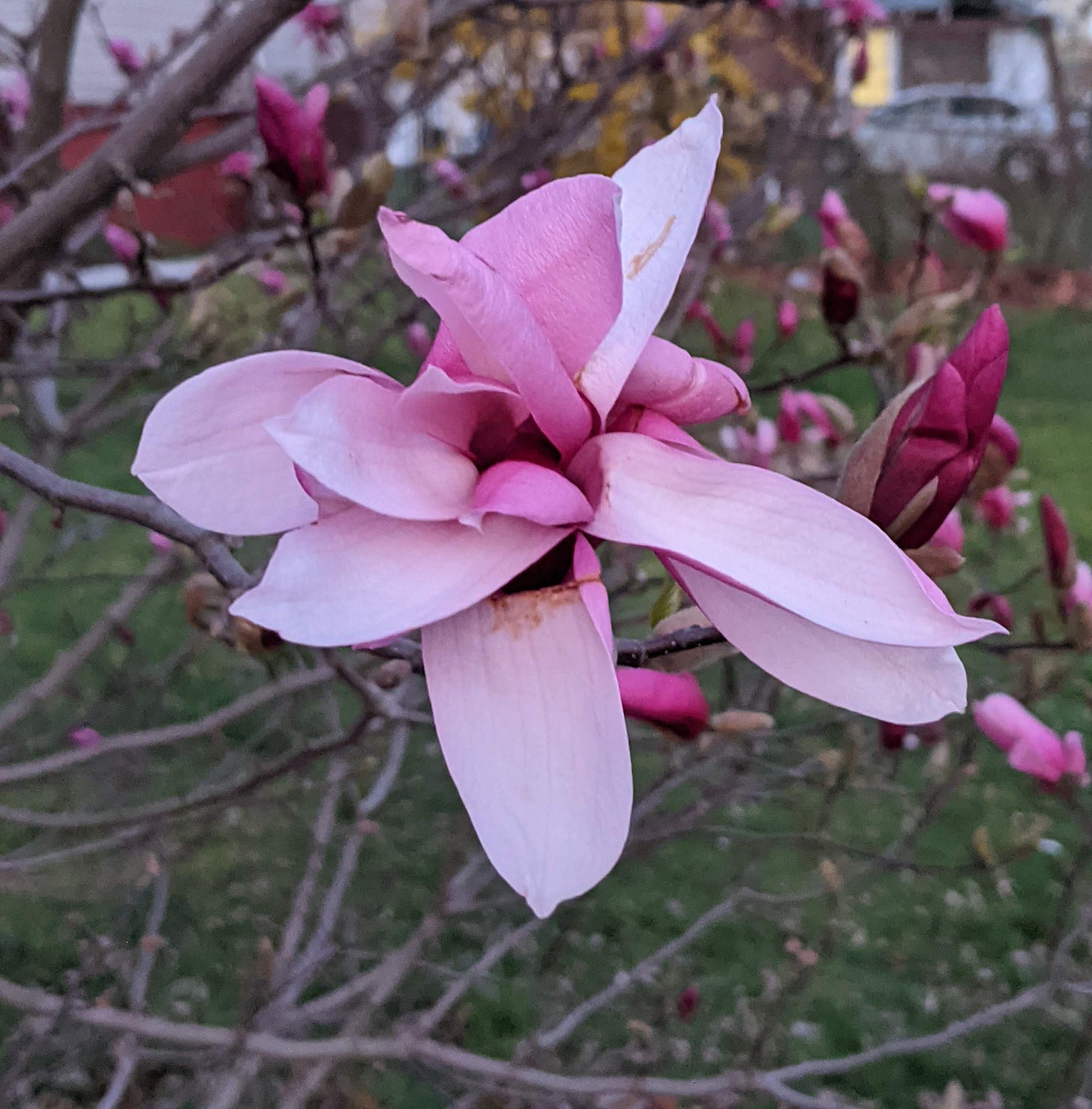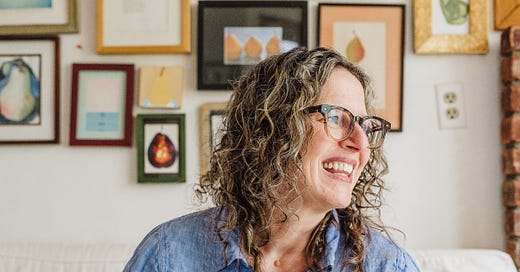

Discover more from Write More, Be Less Careful
Hello there. I hope you are healthy and well-rested, or as close as any of us can get these days. It’s been genuinely so warming to see the response to this project. Each email notifying me of a new sign-up - old friends, poets I love, folks I know only online, people I don’t know at all! - has been a little jolt of affirmation, a reminder that so many of us care about this work. I’m so happy to be writing with you all this month.
A framing note before we begin: the feeling of being stuck, or being very far away from poems that I articulated in the opening post seemed to resonate with lots of people. For me, the writing of poetry is intimately linked to the quality of my attention. The ongoing emergency of the last year-plus has kind of broken my brain, and in particular distrupted my ability to see and listen in a way that opens up writing poems for me. So as I write this month, I’m aiming to both recover my attention and to kind of re-strange the world around me. Like most of us, I’ve spent the bulk of this past year in the same couple of blocks, but I think there’s more to see here, and I think there’s poems to be made of that. This morning, walking to (masked, outdoor) spinning, I saw a door I’d never noticed before - a little apartment above a store front on my small town’s main street. That zing of noticing is one place poems start.
Prompt #1: Real Things
(with thanks to Twila Newey, who pointed me toward the Linda Gregg essay linked below.)
Go for a walk and record at least ten real things. As Linda Gregg says, these should be “not beautiful or remarkable things, just things.” Focus on nouns. Be sparing with your modifiers. No metaphors or gorgeous descriptive language. If you notice flowers, birds, dogs, etc you don’t know the precise name of, try to look them up. (I am terrible at this and spent a lot of last spring, when I was doing long pandemic-walks with my kids, texting my dad pictures of things that turned out to be rather obvious, like magnolias and dogwoods and more dogwoods that were just slightly different than the previous ones.)
Write a ten-line poem, with approximately one thing in each line. If you like a tighter formal constraint, aim for ten-syllable lines and/or use each thing as an end-word.
Sharing your work helps sustain momentum. I’ll leave the comments open, so you can share a poem title, a snippet of a line, or something else about your writing life. If you’re on twitter, you can share with the hashtag #writemore.
Subscribe to Write More, Be Less Careful
why writing is hard & how to do it anyway













Fun prompt! Here's a piece:
To say nothing about the red poinsettia,
or the two cardinals at the feeder,
especially not the red.
First of all-- I love this whole idea. Here is the title and the first two lines of mine:
Morning Conversations
Light leaves language on the body of cedars
leaf litter rises and falls like the breath